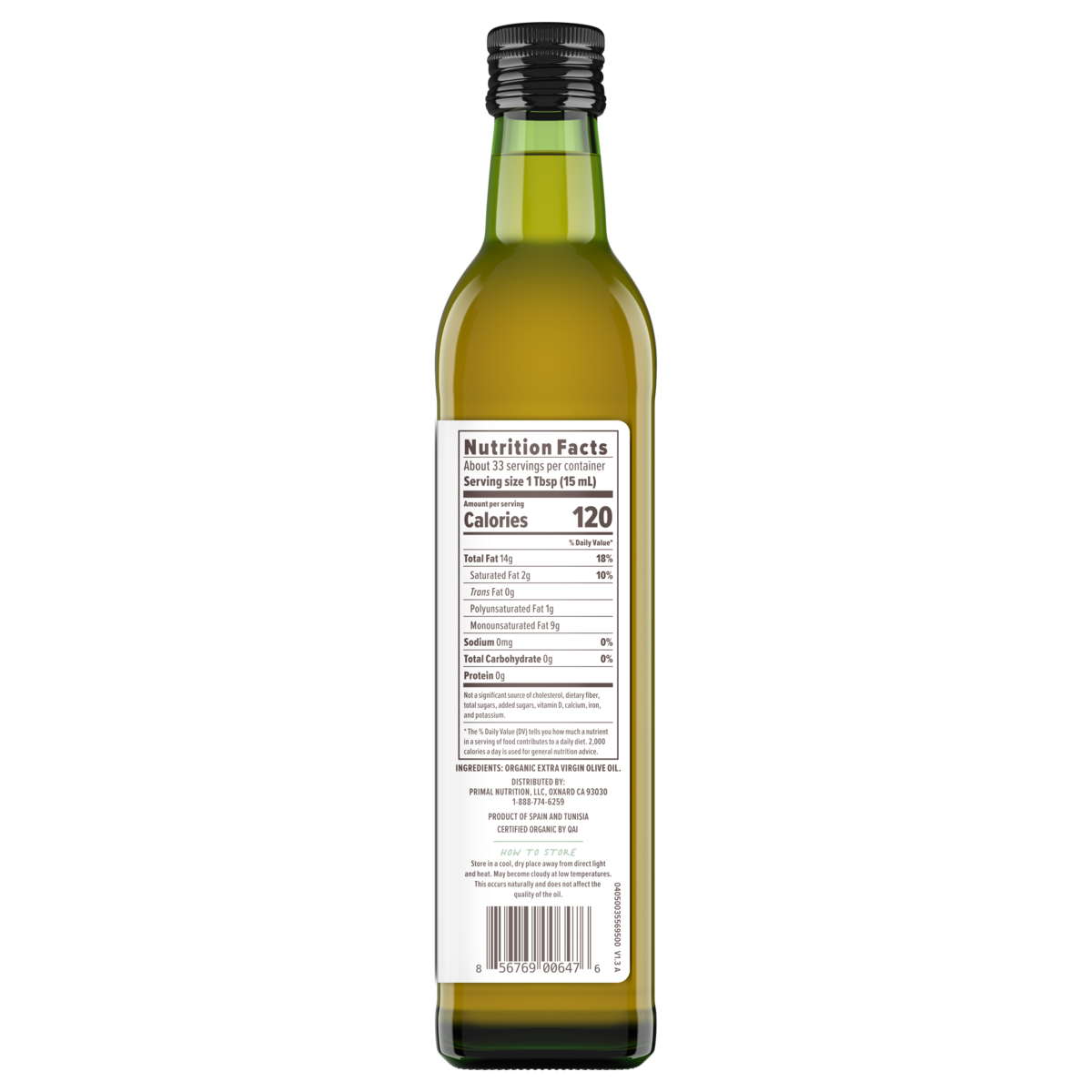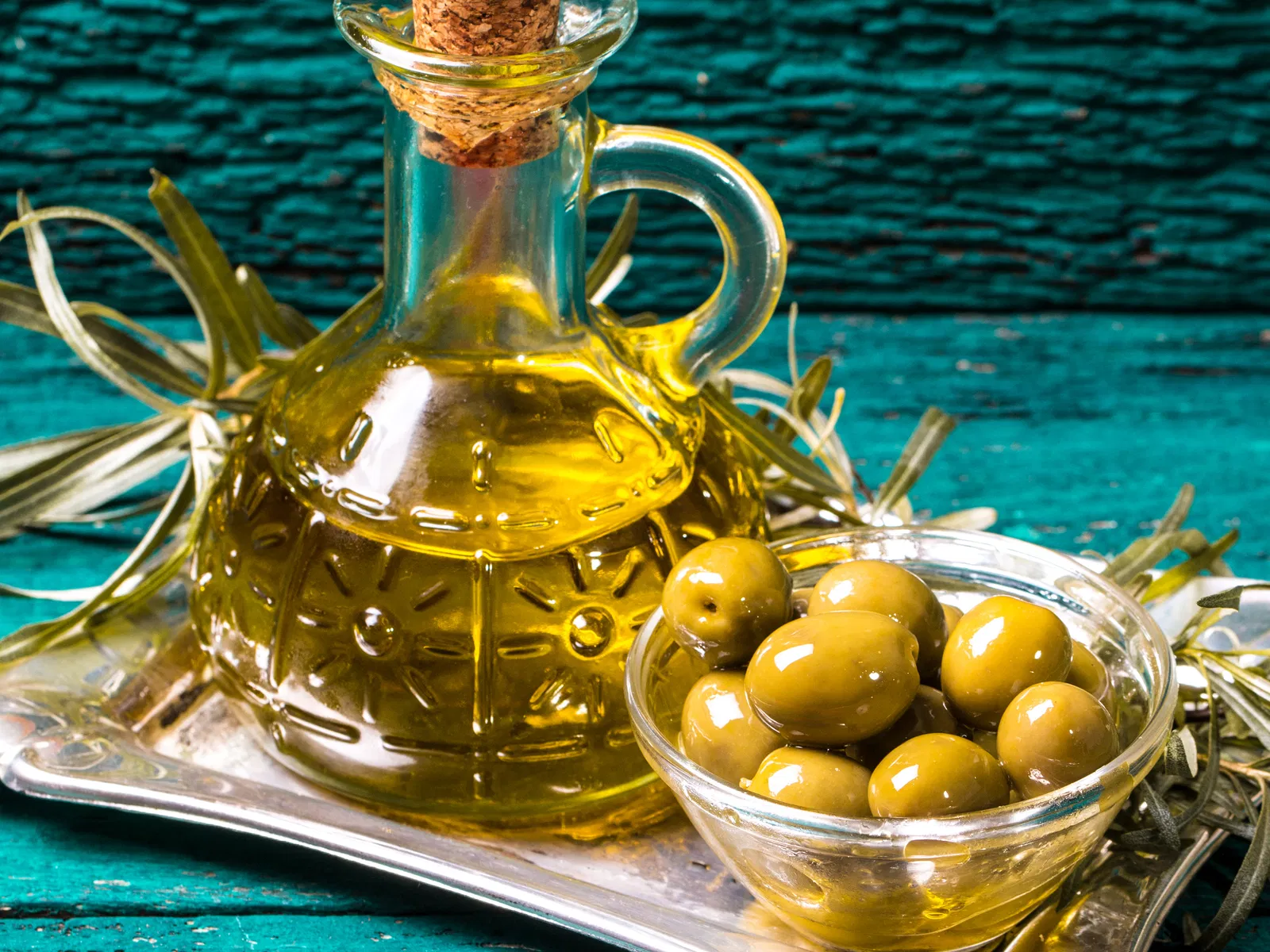Why Extra Virgin Olive Oil Benefits Are a Game-changer for Healthy Cooking
Why Extra Virgin Olive Oil Benefits Are a Game-changer for Healthy Cooking
Blog Article
Discovering the Various Kinds Of Olive Oil and Their Usages, Consisting Of Bonus Virgin Olive Oil
The expedition of olive oil encompasses a diverse array of kinds, each offering culinary applications and distinctive flavors. Additional virgin olive oil, renowned for its premium quality and health and wellness benefits, serves as a staple in several kitchens, yet it is only one aspect of this complex ingredient.
What Is Olive Oil?
Originated from the fruit of the olive tree, olive oil is a staple in Mediterranean food and an essential component in different culinary applications. This versatile oil is created by pushing entire olives, resulting in a liquid that differs in aroma, flavor, and color depending on the kind of olives utilized, the region of cultivation, and the removal process. Olive oil is primarily composed of monounsaturated fats, especially oleic acid, which is understood for its possible wellness benefits, consisting of anti-inflammatory residential or commercial properties and cardiovascular support.
Along with its culinary usages, olive oil has a long history of application in standard medication and skin care, owing to its rich antioxidant material (extra virgin olive oil benefits). The oil is typically made use of in dressings, marinades, and for cooking methods such as sautéing and roasting. Its distinct taste account can improve the preference of numerous recipes, making it an important ingredient for both home cooks and specialist cooks
Moreover, olive oil is celebrated for its role in the Mediterranean diet, which is connected with countless wellness benefits. As awareness of these benefits expands, olive oil remains to acquire popularity worldwide as a basic element of a healthy way of living.
Types of Olive Oil
Recognizing the different kinds of olive oil is necessary for both culinary fanatics and health-conscious customers. Olive oil is categorized primarily based upon its removal technique and top quality, which substantially affects its taste, health, and fragrance benefits.

Light olive oil, in spite of its name, describes a lighter flavor and not lower calories. It is ideal for those seeking a more subtle taste in dressings and marinades. Additionally, there are flavorful olive oils instilled with herbs, seasonings, or citrus, which can boost meals without the requirement for additional flavoring.
Each kind of olive oil serves details cooking purposes, and comprehending these differences permits consumers to make informed selections that align with their food preparation styles and health and wellness goals.
Extra Virgin Olive Oil
Bonus virgin olive oil (EVOO) is commonly considered as the highest possible high quality olive oil available, renowned for its abundant taste and many health advantages. To be classified as additional virgin, the oil must be created from fresh olives using mechanical procedures, without using solvents or too much heat. This careful method protects the oil's all-natural tastes, antioxidants, and healthy and balanced fats, resulting in a product with a reduced acidity degree of much less than 0.8%.
EVOO is bountiful in monounsaturated fats, particularly oleic acid, which is connected to reduced inflammation and boosted heart health. It likewise has polyphenols, powerful anti-oxidants that may use safety effects against persistent conditions. The flavor profile of EVOO can differ considerably relying on the olive variety and area of production, ranging from grassy and fruity to durable and sharp.

Culinary Uses of Olive Oil

In cooking, olive oil can be used for sautéing, toasting, and cooking, providing a healthier alternative to butter or other fats. Its high smoke factor makes it ideal for numerous cooking techniques, while its antioxidants add to a heart-healthy diet. Drizzling olive oil over completed dishes, such as pasta, fish, or grilled veggies, can boost tastes and add a touch of elegance.
Moreover, olive oil plays a substantial duty in cooking, where it can replace typical fats in dishes for bread and breads, passing on moisture and a refined preference. It also acts as a base for infused oils, allowing cooks to try out flavors such as garlic, natural herbs, or chili, additionally expanding its cooking capacity. On the whole, important source olive oil's convenience makes it important in both home and professional cooking areas.
Deciding On Quality Olive Oil
When picking high quality olive oil, it's vital to consider numerous key factors that influence the product's fragrance, flavor, and wellness advantages. Decide for extra virgin olive oil (EVOO), which is obtained from the initial cold pressing of olives and has the greatest degrees of antioxidants and helpful substances. Search for oils that are accredited by identified organizations, as this commonly ensures adherence to rigid top quality requirements.
The product packaging also plays a significant function in maintaining the oil's honesty. Choose oils saved in dark glass bottles or tins to safeguard versus light destruction. Pay focus to article the harvest date; fresher oils offer remarkable taste and dietary value, so pick items that are within 18 months of their harvest.
Be aware of the taste; an excellent top quality olive oil must have a balance of fruity, bitter, and peppery notes, showing its splendor and complexity. By assessing these factors, you can ensure you are selecting the finest olive oil for your culinary demands.
Final Thought
In summary, the exploration of numerous sorts of olive oil exposes distinctive characteristics and applications, with added virgin olive oil standing for the pinnacle of top quality because of its low level of acidity and high antioxidant material. Its versatility in cooking usages enhances tastes in dressings, marinates, and drizzles. Recognizing the different selections of olive oil enables educated options in cooking approaches, promoting much healthier methods while improving the general gastronomic experience. Quality selection stays essential for ideal benefits.
Derived from the fruit of the olive tree, olive oil is a staple in Mediterranean cuisine get redirected here and a vital ingredient in different cooking applications.The most typical kinds of olive oil include fine-tuned olive oil, pure olive oil, and light olive oil.Bonus virgin olive oil (EVOO) is widely concerned as the highest quality olive oil offered, popular for its abundant taste and various health and wellness advantages. Decide for extra virgin olive oil (EVOO), which is obtained from the very first cool pushing of olives and includes the highest levels of anti-oxidants and valuable compounds.In summary, the exploration of various types of olive oil exposes unique features and applications, with added virgin olive oil standing for the pinnacle of quality due to its low acidity and high antioxidant content.
Report this page